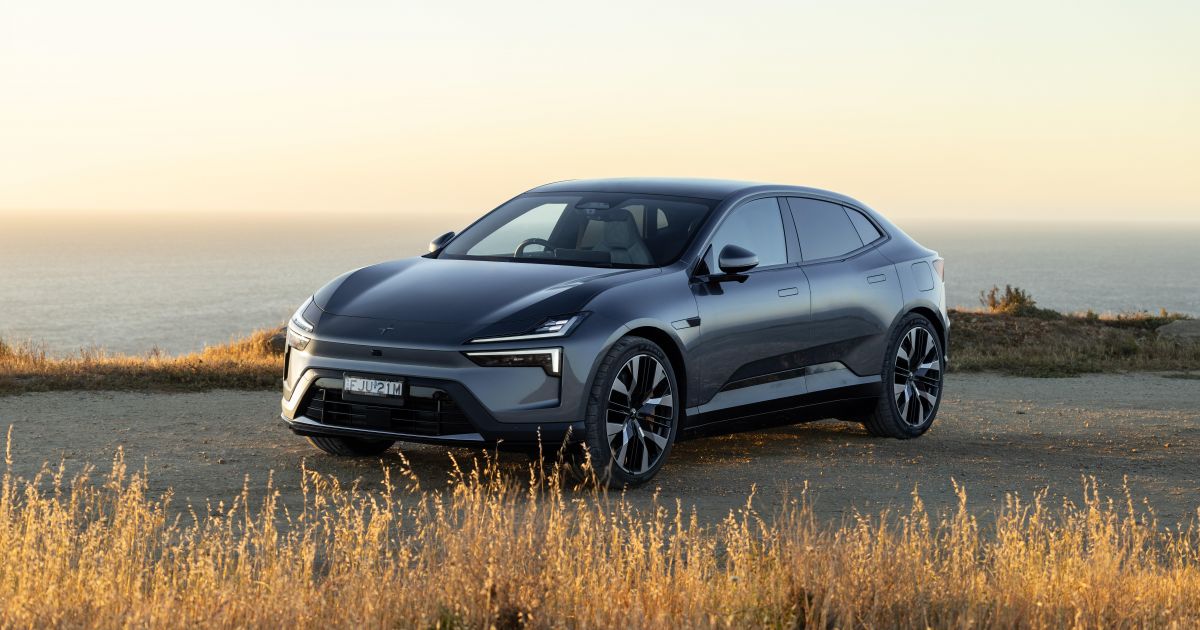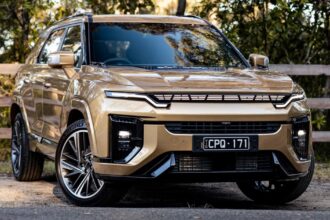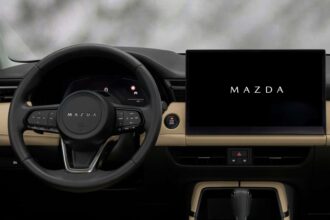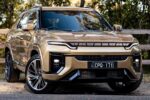Electric vehicle (EV) brand Polestar says it’s not ready to rejoin Australia’s peak automotive industry organisation, the Federal Chamber of Automotive Industries (FCAI), because it still believes it doesn’t truly represent the local auto industry.
Along with US EV brand Tesla, Polestar Australia quit the FCAI in March 2024 in protest of the body’s criticism of the federal government’s now-implemented New Vehicle Efficiency Standard (NVES).
A statement from Polestar announcing its exit claimed the FCAI was attempting to “deliberately slow the car industry’s contribution to Australia’s emissions reduction potential”.
The Chinese-owned Swedish EV-maker told media this week its view of the FCAI hasn’t changed – and it is not considering rejoining its ranks, which includes most auto brands present in Australia.
Hundreds of new car deals are available through CarExpert right now. Get the experts on your side and score a great deal. Browse now.

“I haven’t seen the FCAI say or do anything that would indicate that they’re being more progressive when it comes to the electrification of the Australian vehicle fleet,” Polestar Australia managing director Scott Maynard said on a media call.
“In fact, most of the comments I’ve seen earlier out of the FCAI would indicate the opposite is true.”
Officially commencing on January 1, 2025, the NVES is designed to reduce the carbon-dioxide (CO2) tailpipe emissions of all new cars sold in Australia, with CO2 targets lowering annually until 2029.
Automakers began accruing financial penalties for exceeding emissions targets from July 1, 2025.
The initially proposed targets were raised – meaning new vehicles could emit more CO2 – with the final figures implemented after pressure from the FCAI on the federal government.
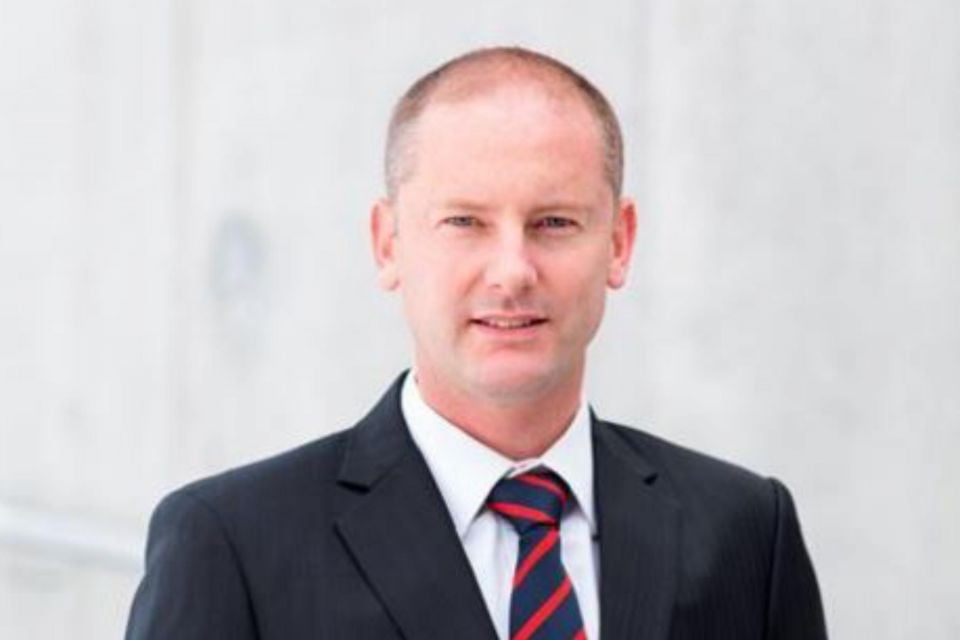
A public statement on March 5, 2024, said the FCAI was “concerned at the rate of total battery electric vehicle sales which recorded just 5.9 per cent of total sales [in February 2025] compared with 9.6 per cent in February 2024”.
Further, the FCAI was critical of the way NVES was implemented, saying: “Our grave concern has always been the rate of EV adoption and what assumptions the Government had made in its modelling around consumer demand for EVs in the NVES. This modelling remains secret.”
Another FCAI statement made three months earlier said: “It is significant that the Government has recognised the need to do more to support sales of EVs in order to get anywhere near the challenge of achieving its extremely ambitious emissions reduction targets under the New Vehicle Efficiency Standard (NVES).”
These were the comments that prompted Polestar to quit the group, along with Tesla, which only joined the FCAI less than 12 months earlier.
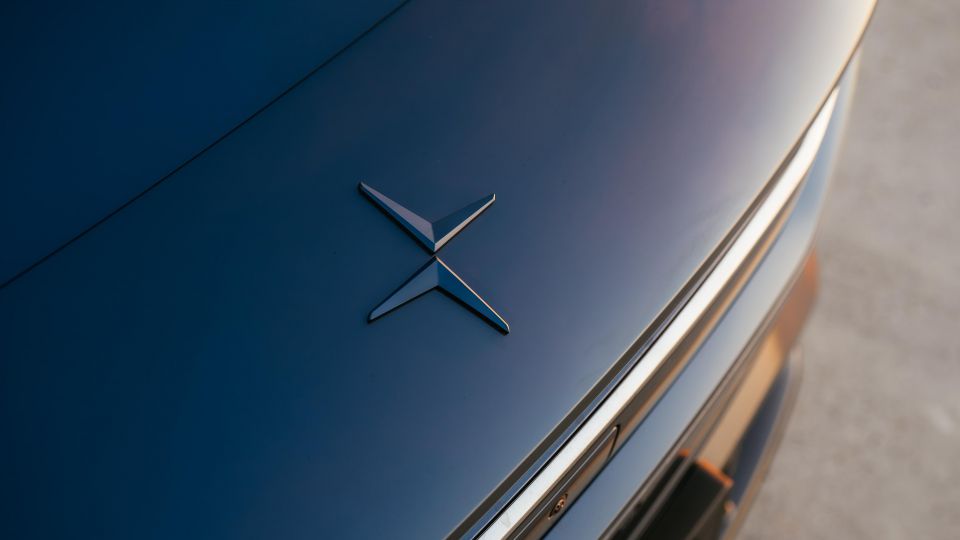
Tesla was even more critical in public comments upon its exit, accusing the FCAI of misleading Australian consumers and engaging in anti-competitive behaviour.
“Tesla is also concerned that it is inappropriate for the FCAI to foreshadow or coordinate whether and how competitor brands implement price changes in response to environmental regulations such as the NVES,” it said at the time.
The FCAI describes itself as the ‘peak representative organisation for companies who distribute new passenger vehicles, light commercial vehicles and motorcycles and all-terrain vehicles in Australia’.
Essentially, it represents the interests of automakers, with membership fees based on sales volume. Non-member brands – including Polestar and Tesla, as well as Mahindra, Smart, Cadillac, Ineos and Xpeng, among others – do not supply sales figures for the FCAI’s monthly VFACTS reports.
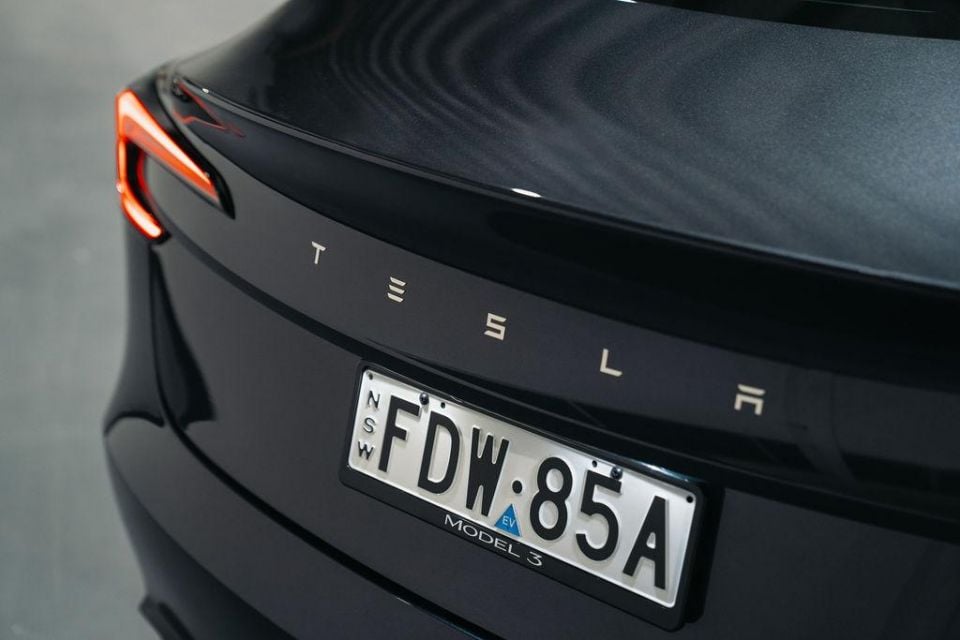
The FCAI’s board includes – among others – Mazda Australia managing director Vinesh Bhindi, Mitsubishi Australia CEO Shaun Westcott, Nissan Oceania managing director Andrew Humberstone, Renault Australia general manager Glen Sealy and Mercedes-Benz Australia/Pacific’s Jaime Cohen.
Many of the automakers represented by FCAI board members offer EVs in their local lineups, including Penny Ferguson from JLR, which is currently reinventing Jaguar as an electric-only brand.
Mr Maynard reiterated that his company’s stance this week hasn’t changed – even if Polestar’s parent company, Geely, is a paid-up member.
“The fact that they’re [the FCAI] so hard against the NVES and tried to water that down didn’t sit with our brand or what we would consider is in the best interests of the Australian buying public or the environment or the economy.

“So at this stage, there wouldn’t be any reason for us to go back.
“The FCAI does an important job of representing its brands. Those brands, too, have spoken out against things like the NVES.
“They have spoken out against things like fringe benefits tax (FBT), which continues to disproportionately serve the sale of dual cab utes – not what I would consider to be a far more progressive style of transportation, which is electric vehicles.
“So it doesn’t sit with our brand to rejoin. I’ve always said and will continue to say if that position changes, then of course it makes sense for us to join a vehicle-based chamber that represents the industry. But at the moment, I think it represents the industry [only] in part.”
MORE: Everything Polestar
MORE: What the first emissions standard means for Aussie car buyers
